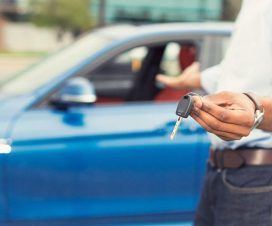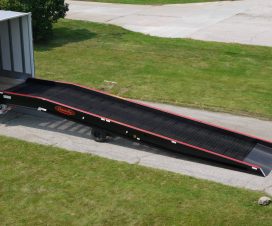 |
After months of lockdown, everyone is itching to explore. And as air travel is not completely possible at the moment and it won’t be in the near future as protocols still need to be set in place, a large number of people are embracing road trips as the safest way to satisfy their travel needs.
It’s perfectly understandable: after spending weeks and even months stuck in the same place we all seek to be somewhere else. Either the weather is too pleasant to ignore or you’d like to go somewhere sunny or snowy because it’s not your usual landscape. With so many things to see and enjoy and good roads to drive, getting in your car looks like the obvious next step.
According to experts, road trips are the best way to stay safe and distant from others while traveling comfortably.
However, all this enthusiasm and good expectations can be for naught if you can’t depend on your car. One thing is having a breakdown in your daily commute and something very different is a breakdown miles away from home. Getting your car ready for a road trip has always been important and this pandemic and post-pandemic scenario is not the exception to the rule. What’s more, it presents additional challenges that road trippers need to pay attention to.
And What If You Plan to Rent A Car?
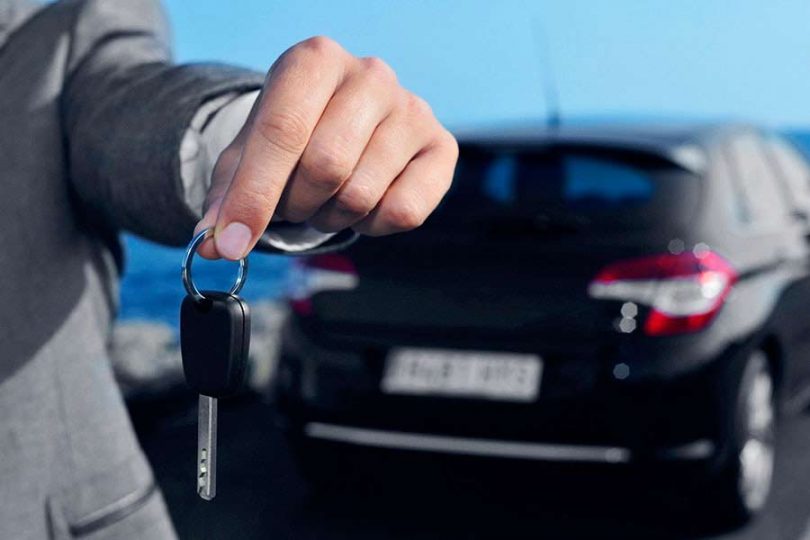
Source: rentacarbeograd.rs
Car rental companies, probably assuming that road trips would become a popular vacation style after the restrictions due to COVID-19, have been very proactive and taken important steps to ensure potential clients that the vehicles they offer are correctly sanitized after each rental period. That said, it can be a good idea, even if you own a car, to consider taking a rental to your road trip.
Perhaps you have a brand new car and you don’t want to put thousands of miles on it over a short period of time or, on the contrary, your car is too old and you don’t rely on it for long trips! But apart from the age of the car, there are many other reasons why renting is a good plan: it gives you the chance to try something new, to test drive that vehicle you’ve always wanted to have but could never afford to buy and it helps you drive a larger, more comfortable or tougher car that is a perfect fit for the road trip you want to enjoy.
Another advantage is that rental fees are usually very affordable and, even though car rental agencies are known for charging an arm and a leg for car rental insurance, you can save lots of money by buying your policy beforehand from an independent third party. Here’s, for instance, an interesting option you may like to consider. In addition, you can rest assured that the vehicle you rent has been properly checked by a mechanic so that you can drive it safely.
Get Your Car Ready
Check Your Car’s Battery
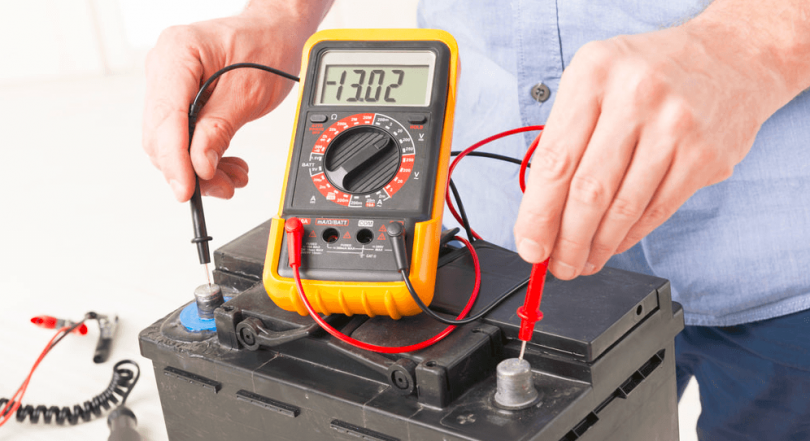
Source: goauto.ca
Your car’s battery is not eternal. In fact, its life span lasts on average between 3 and 5 years before it needs a replacement. Mechanics suggest listening to your car when you turn it on and pay attention to sounds indicating that your battery takes longer to start or maybe losing power.
It’s important to make sure as well that the terminals and cables are securely attached and that there is no corrosion. If there is corrosion you’ll have to disconnect the battery and clean the connectors with a wire brush.
Be sure as well that the electrical charging system works properly: undercharging or overcharging can be harmful for the life of your battery.
Ask your car’s mechanic to review it thoroughly so that you can rest assured it’s in perfect condition before you hit the road.
Give Belts and Hoses a Deep Inspection
Have the engine belts and hoses inspected to determine if they are cracked or frayed. They are very important to keep your car’s power steering, electrical and cooling systems working properly. Belts should be tightly installed and they shouldn’t have a large amount of slack.
Read your vehicle’s manual to see if it is time to replace the hoses.
Remember the Fluids!
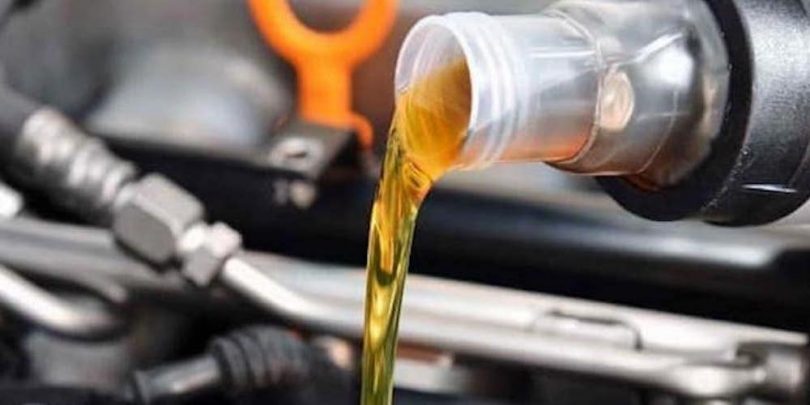
Source: landroverfortworth.com
Fluids are the lifeblood of any car and it is important that you keep them always at the right levels. Depending on how far you’ve driven and how far you plan to go on your road trip, you’ll need to check all or o some of them.
Oil
Oil is critical to your car’s engine as it lubricates the moving components and prevents excessive friction. Check the car’s manual to see which regular schedule for an oil change is recommended and use a dipstick to check the oil condition and fill level.
Radiator Coolant
The radiator coolant is the radiator fluid that helps to remove the heat from the engine and dissipate efficiently through the radiator. If there is too little of this fluid, your engine can overheat.
Transmission Fluid
Transmission fluid allows gears to operate easily. It lasts for a long time and in some vehicles it is not necessary to replace it at all. It’s a good idea to check your car’s manual to see when and if any service is needed.
Brake Fluid
Brake fluid helps brakes function properly whenever you want to slow down your car. If you notice that the pedal feels spongy or has extra travel there are either air bubbles in the lines or the fluid is contaminated. Don’t forget to top it off if needed.
Windshield Fluid
While exploring the open road there are great chances that the windshield gets dirty or that some bugs crash into it. For obvious safety reasons you need to be able to see the road in front of you and where you’re going. And this is why windshield fluid is so important. Changing it or refilling it is super easy and it is something you can do yourself.
Brake Time!
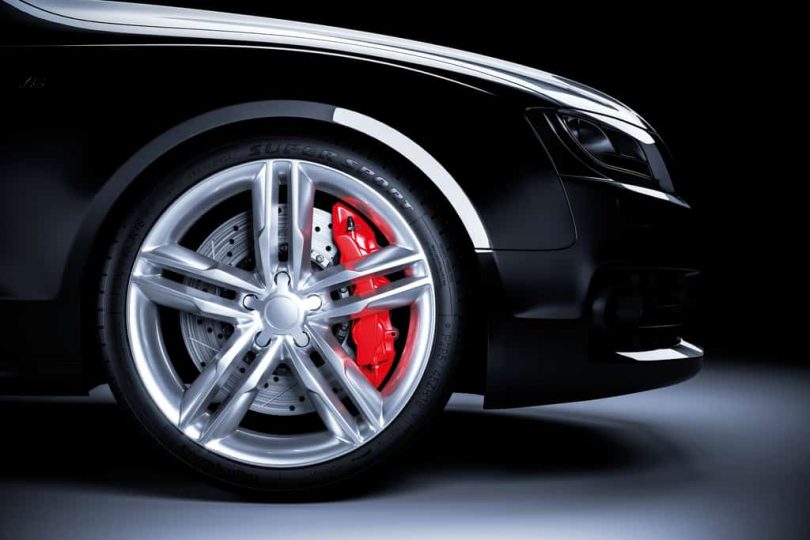
Source: cannonplastec.com
Nobody wants to have problems with brakes, especially on holidays and miles away from home. This is why it’s so important to check the brakes before hitting the road. Squealing noises, odd noises or anything that seems off whenever you have to slow down or stop is a clear indicator that they need to be professionally reviewed.
We have already talked about the importance of the brake fluid so it’s now time to focus on the brake pads. They provide the friction required to slow and stop the vehicle and they wear away with time. Replacing them when needed will definitely make your trip safer.
Check Your Lights and Electrical Equipment
Both interior and exterior lights should be working properly and any burned-out bulbs should be replaced. Take your time and ask someone to help you check if all exterior lights including brake lights, tail lights, turn signals, and fog lamps are working properly. Make sure as well that lenses are clean so that lights are bright.
Check interior lights as well to ensure you’ll have lighting available inside the car if you need it.
Check the Tires!
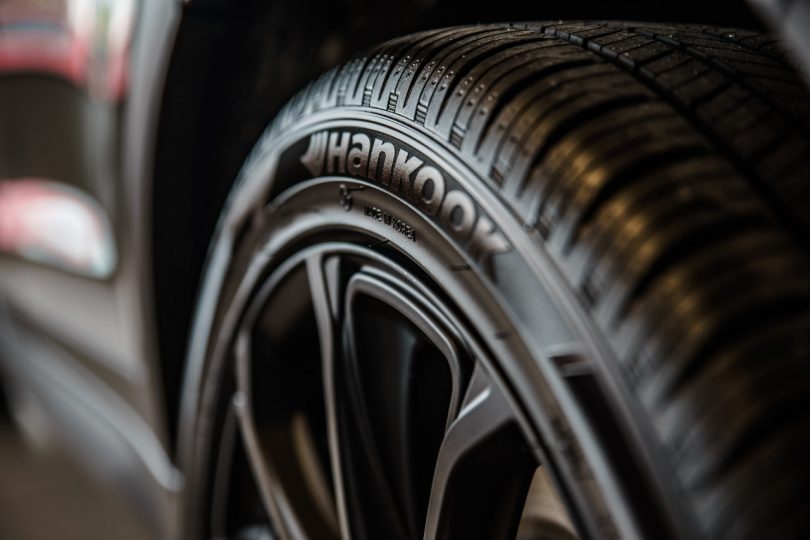
Source: pexels.com
Having tires in perfect condition contributes to comfort, safety and fuel efficiency so it’s important to check them before you leave.
Make sure the tire pressure is optimal and that they are properly inflated. Don’t forget to check the pressure on your vehicle’s spare tire too! It’s a good idea to check on the condition of your tires to see if it is time to replace them.
You may also need to rotate your tires or to realign them, especially if you notice uneven wear on all of them. The mechanic can easily inspect them and suggest to you the best corrective action. Look out for cuts that may require attention and that there are no bald spots on your tire.
Check the Cabin Air Filter and the AC
You may haven’t paid much attention to it but the cabin air filter is very important. It filters and traps contaminants from the outside air and ensures that your AC airflow isn’t challenged on the road. However, if it is old or dirty, it won’t be able to perform its job correctly.
If you can feel a musty smell when you turn on the AC, poor airflow and/or air not blowing as cold as usual it may be time to change it.
If you’re lucky to have an AC in your car, it would be wise to check its gas. If there’s a gas leakage, it may not work properly and nobody wants that when it’s scorching hot in the summer and you can’t turn it on.
(Post)-Pandemic Essentials
The COVID-19 spread and the (post) pandemic context have added new issues road trippers need to bear in mind before hitting the road. Let’s review them as they are important and can make your road trip a success or a total disaster:
- Is it open?: Despite all states having started their re-opening processes, not all of them are doing it at the same time. Check well in advance of your trip that the place where you’re going is open as well as the roads that get you there.
- Research!: Which COVID-19-related regulations are enforced where you’re going? Knowing them beforehand makes it easier to plan your trip accordingly. Remember to check right before you get in the car as many times regulations change at the last minute!
- Pack personal protective equipment and other supplies: Masks are legally required inside many commercial spaces and recommended any time you’re around others. Bring hand sanitizer and sanitizing wipers. You’ll need them to keep your hands clean at public spaces, charging stations and gas stations. You’ll use them to sanitize the steering wheel and other areas of the car that you touch more often.
- Bring enough supplies to avoid stopping to run errands as much as you can.
- To ensure you have the best entrapment, make sure you have the right speakers and audio. Learn more on speakershunter.com.



